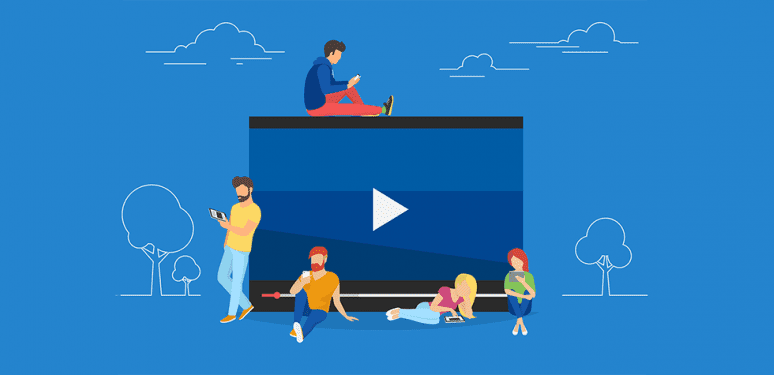As MultiChoice & MTN Link Up On Internet, Local ISPs Have A New Itch

With some 300 million customers between them at present, the pair of Africa’s leading telecom company, MTN Group, and the continent’s biggest pay-TV company, MultiChoice Group – both from out of South Africa – are among two of the most successful pan-African businesses in history.
And now, with the recent announcement of a partnership that sees those two companies join forces in a bid to upend the internet service business, there may be a new itchy concern for the traditional internet service providers (ISPs) across the continent.
Since 1994, MultiChoice has been on a mission to dominate the pay-TV scene in Africa and it’s succeeding. The Naspers-owned company, which boasts 20 million customers throughout Africa, is the operator of DStv, a major satellite television service in more than 40 countries in Sub-Saharan Africa and GOtv, a minor service operating in over 9 countries on the continent, and a streaming service known as Showmax.
All these years, much of MultiChoice’s effort has been restricted to the broadcasting endeavour – until recent times, when the company’s leadership began to talk up efforts aimed at evolving the business from a traditional video entertainment business.
In keeping with what appears to be a new direction, MultiChoice launched DStv Internet last week with MTN as its network partner to provide wireless internet service.
In a way, MultiChoice seems to be finally towing a similar line as global giants, such as the British broadcaster and telecommunications company, Sky, that provides television and broadband internet services, as well as fixed-line and mobile telephone services to consumers and businesses in the United Kingdom.
According to MultiChoice’s announcement, DStv internet is a fixed wireless access service, and the company said it will use a SIM card and Wi-Fi router.
Customers can choose from three data packages: 25GB, 110GB, and 220GB. Also, DStv customers have the benefit of choosing from bundled offerings that include data options with their DStv subscription package, plus other ancillary services like a newly developed AI-driven network security and Wi-Fi management solution. The specially developed Wi-Fi routers are included in the bundle and contract offerings.
Nyiko Shiburi, chief executive officer of MultiChoice South Africa said that the AI-driven network security and Wi-Fi management system lets broadband providers strengthen their reputation by providing a superior broadband experience. “The collaboration has enabled MultiChoice to provide the best security features for DStv Internet,” said Shiburi.
With its internet capabilities and a market reach that sees it claim over 277 million subscribers across Africa, MTN appears to be powering MultiChoice’s bid for a share of the little-explored fixed wireless internet market in Africa which currently has 6.6 million customers according to some estimates; a space that seems primed for rapid growth as the continent’s digital economy heats up.
Currently, Africa’s wireless internet service market seems like an open field with a significant number of players – all of which appear to have struggled to claim a large enough turf that can be used to separate clear, dominant leaders from also-rans.
Also, the lingering problem of poor wireless internet services means that churn is high as customers seem to always be hopping between ISPs in search of the best deals with the better services. In addition, there is the affordability factor which keeps wireless internet services out of reach for many households and establishments on the continent.
However, although it still looks a somewhat scrappy affair, ISPs like Rain, Tizeti, Smile, and Vox Telecom, are some of the more popular names besides the offerings from telecom operators on the continent.
With its revenue hitting ZAR 25.7 Bn (USD 1.72 Bn) as of 2019, MultiChoice would be looking to flex its financial muscles while fancying its chances of overcoming the competition on the back of its well-known brand and the possibility of providing superior services at a generously subsidised rate – long enough to gain significant penetration in the market.
As MultiChoice’s marketing and strategies have seen it succeed at putting DStv/GOtv decoders in millions of households and storefronts across the continent, it might well be on to something with DStv Internet and this will bring little comfort to the regular ISPs.
Featured Image Courtesy: NCTA